4 Track Films: Movie Production, MN-style
Ann Klefstad's engaging profile of the filmmakers behind Duluth's 4 Track Films, whose fearlessness and comedic chops are getting real critical notice. Their new film, "White Man's World," will screen at this year's MSPIFF April 24.
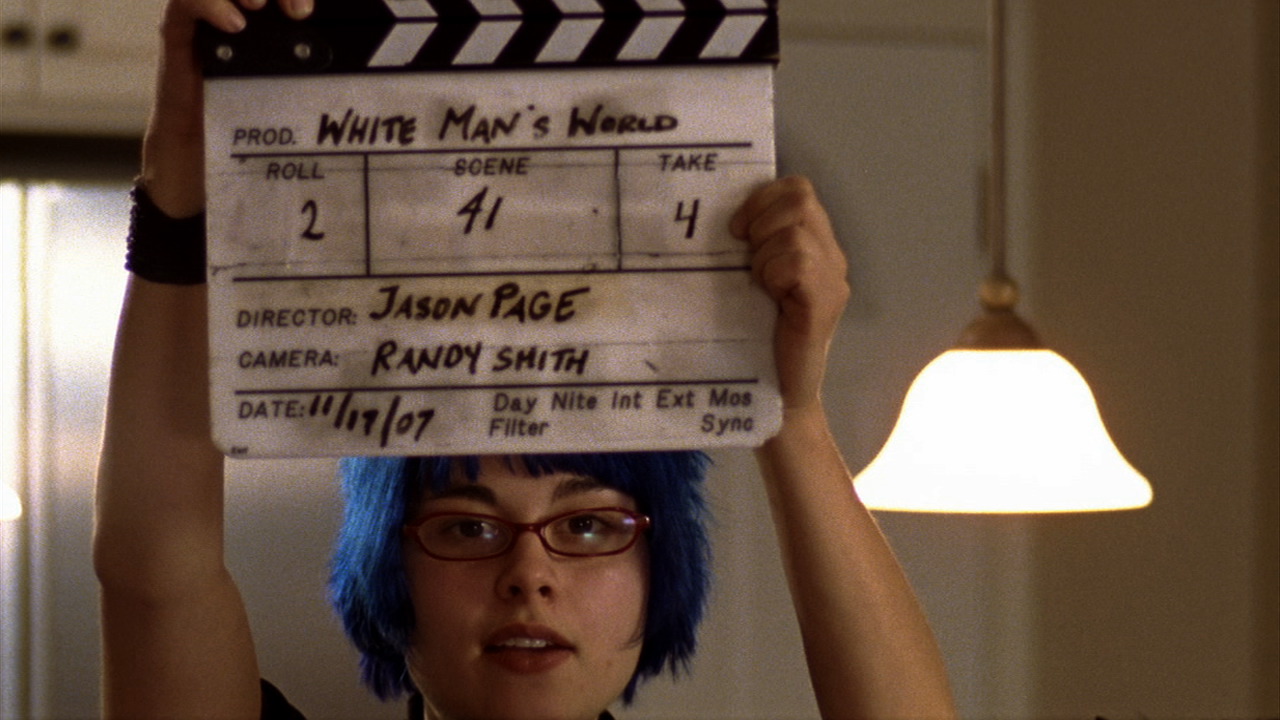
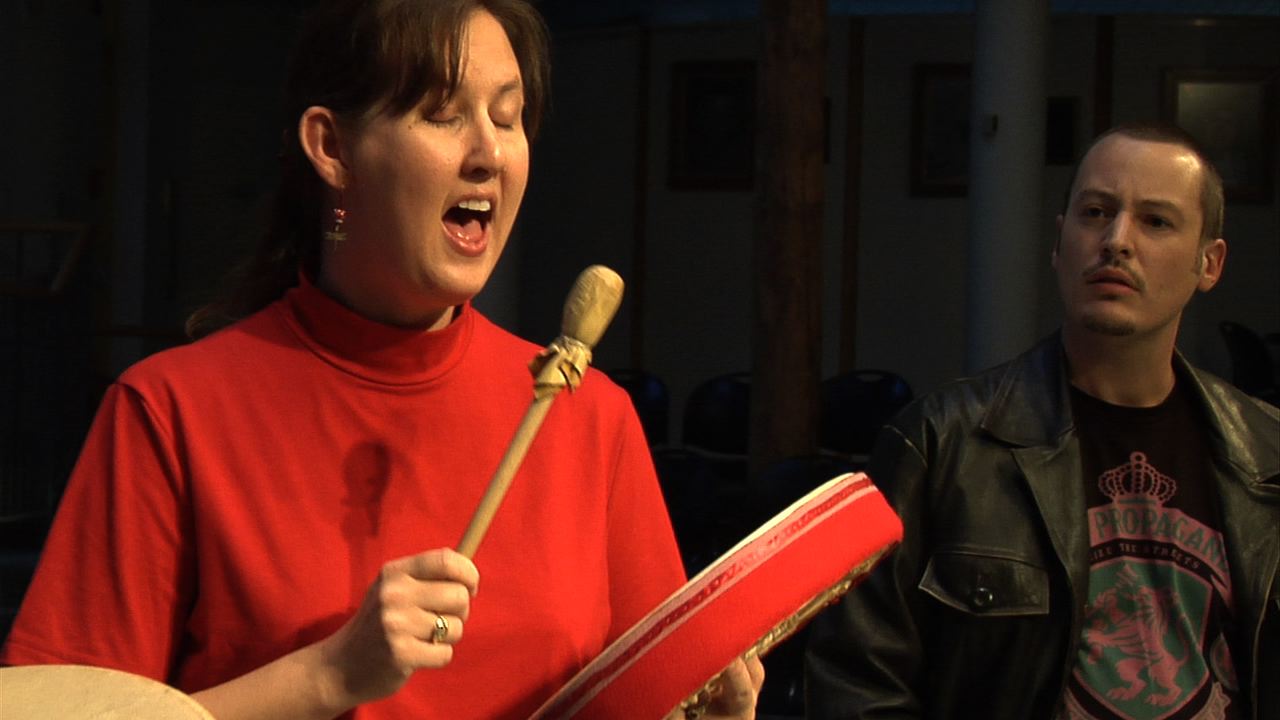
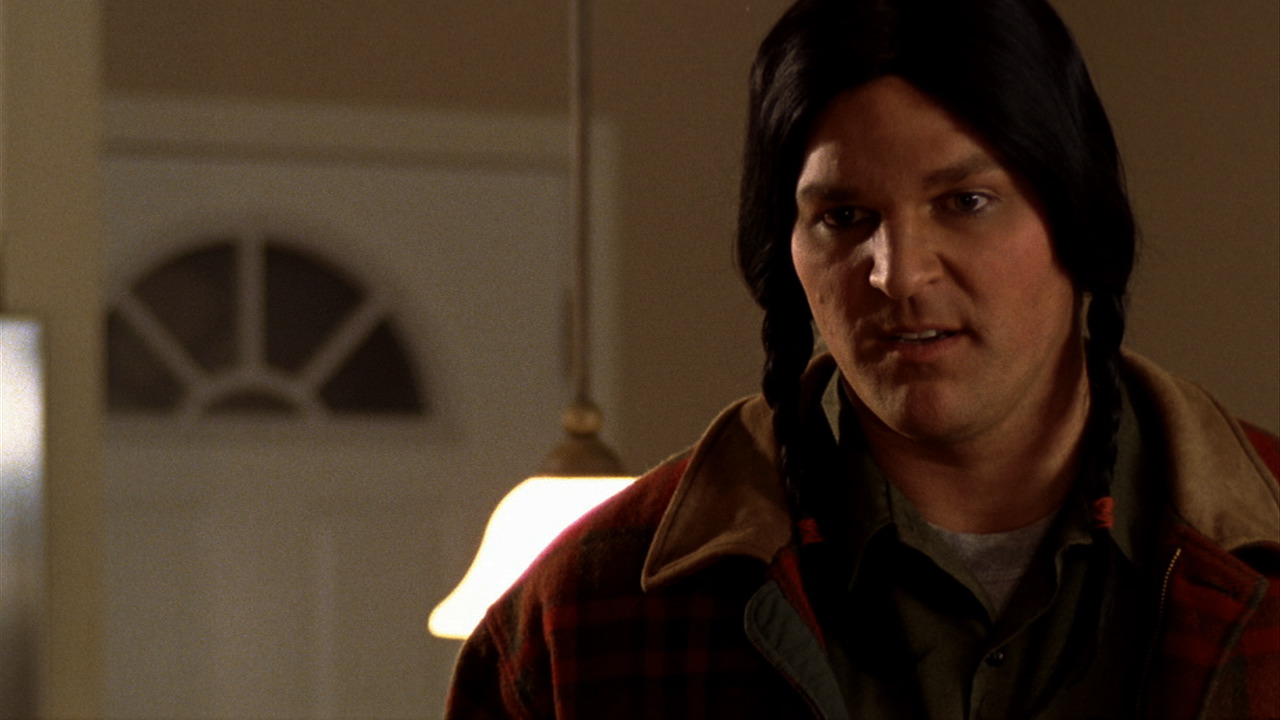
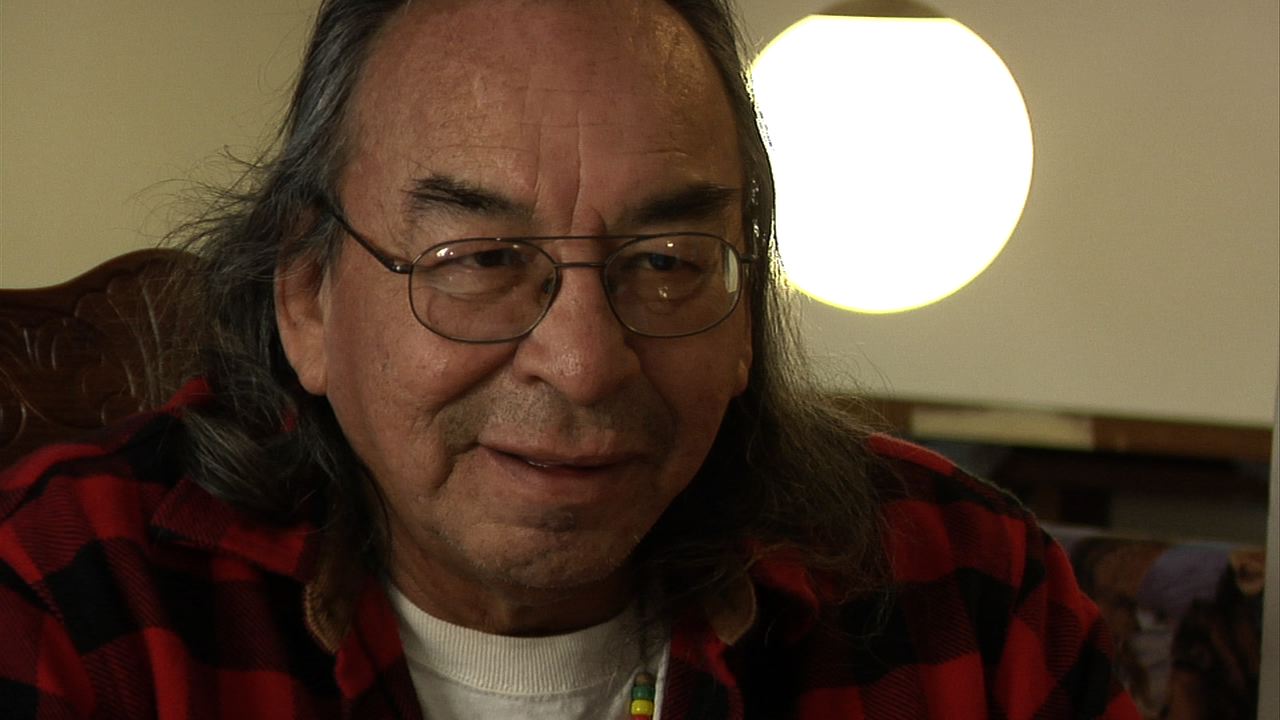
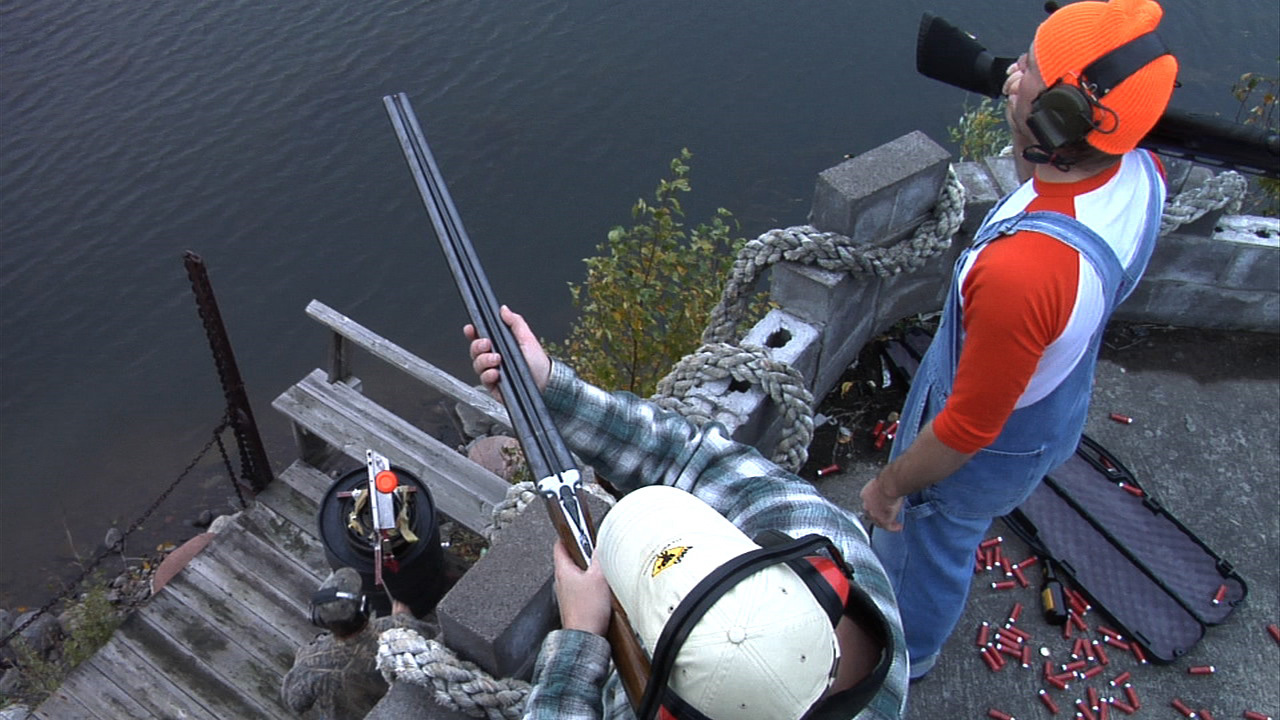
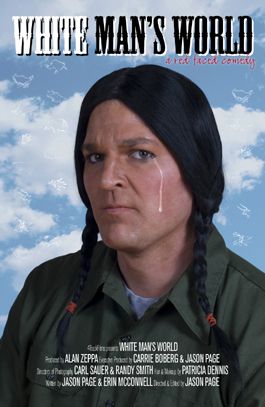
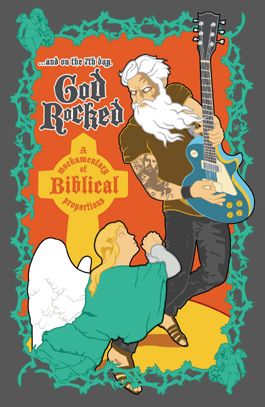
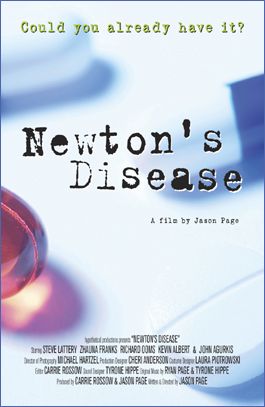
OF THE 150+ FILMS AT THE FAIRLY VENERABLE (27 YEARS!) Minneapolis St. Paul International Film Fest (MSPIFF), a dozen or so have Minnesota connections. But only a very few of these are Minnesota products, through and through.
4 Track Films (with White Man’s World) is a Minnesota film production company based in Duluth. Its principals, Jason Page and Carrie Boberg, both 35, have been making drama together for over a decade. They attended University of Minnesota Duluth, where they studied theater, and then moved to L.A. in the winter of 1996. There they made Piling Up Vera, a 22-minute film that depicted a woman’s life flashing before her eyes. Page says that that was their film school; Vera‘s $30,000 budget was about what tuition would have cost, and the experience taught them much of what they needed to know.
In 2002 they headed back to Duluth, where learning could be, maybe, less expensive, and where their connections in the active theater community gave them access to talent. In 2003-06 they made their first full-length feature, Newton’s Disease, in which a hapless insurance adjuster wrestles with the meaning of life and a mysterious case of pink-eye. The two “almost killed themselves” making it, they say.
By that time, Page and Boberg were no longer a couple, but they remained filmmaking partners. After a screening of Newton’s, they found that Duluth arts philanthropist Alan Zeppa shared their vision and, with the backing of the Zeppa Foundation among others, they created the production company 4 Track Films.
As their first project, they embarked on And on the Seventh Day, God Rocked, a Christian rock mockumentary with a budget of roughly $10,000.
God, which has been well reviewed both for its surprisingly nuanced (but hilarious) characters and its plot twists, recently took second prize at the Fargo Film Fest. Boberg and Page are relying on these sorts of screenings to find wider distribution — the festival lifespan for any film, they say, is two years. If a movie is picked up, it becomes a new release to “people who don’t go to festivals.”
In a previous interview, Page had spoken of the new distribution channels on the way for film, enabling a massive decentralization of the industry, much like what’s happened for music. 4 Track is positioning itself for what its principals believe is film’s wave of the future — direct downloads from the web. For now, though, festivals are still the way to go.
So, what’s next? With three feature films under their belt, they’re now embarked on shooting a fourth, The Life of Rily, a romantic comedy set in Duluth. Directed by Carrie Boberg and with a budget many times larger than their mockumentaries, this new film will be quite a departure from the Page-directed White Man’s World, their MSPIFF entry, reviewed elsewhere on the site by Max Sparber.
White Man’s World is a sharply satiric mockumentary that “documents” the making of a film directed by “Jason Page”– a film that’s trying to ride Native identity all the way to the bank. It also uses the making and reception of Carrie Boberg’s and Jason Page’s (actual) first full-length feature, Newton’s Disease. The narrative’s proximity to the real, given the blood drawn by its mockery, is brave — maybe even more than brave. Maybe rash?
________________________________________________________
The satire in the film, given its proximity to the real and the blood drawn by its mockery, is brave — maybe rash.
________________________________________________________
Not many characters are sympathetic in White Man, except maybe Anishinaabe people also playing themselves, such as writer and craftsman Jim Northrup and composer Lyz Jaakola. The on-screen principals of 4 Track, and especially director “Jason Page,” are drawn as vain, foolish, self-deluded, sexually driven, culturally myopic. And because of the mockumentary format, and their courage at playing in character, it’s all rather terrifyingly convincing.
Jason Page and Carrie Boberg spoke about the film this week in their offices on Superior Street in Duluth, in the Teatro Zuccone building.
“People either love it or they hate it,” remarked Boberg. “It always sparks some kind of conversation. Native audiences really seem to appreciate it and get a lot of the humor, in a different way than a white audience.” Page and Boberg don’t do surveys. They listen to reactions as people watch and as they leave the theater.
Says Page, “It’s a social experiment when a group watches it. It’s one thing to laugh at politically incorrect things in your own home, and another thing in a theater, when your neighbor might judge you for it.”
Boberg responds, “We find that with people who are from more cosmopolitan places, it’s better accepted. With its abrasiveness, it’s meant for a pretty specific audience.” Both say the response from people from Minneapolis has been overwhelmingly positive.
I ask whether the film gets a different reception from men than it does from women; Boberg responds that it seems to have less to do with gender, and more with “general uptightness about sexuality.”
How close to the bone is the film’s self-parody? Page and Boberg give each other level looks.
“The idea was to amplify our bad traits and then layer on more,” says Page, “coming from someplace close to reality. I’m not at all racist, but I’m playing a culturally blind character.” He also says he’s not really a totally type-A obsessive, but that he’s grown from the experience of seeing himself in the distorting mirror. “The point was to be absurd, the moc-doc blurred the line between truth and fiction, blurred the line to where it’s not believable any more.”
Is it “not believable” then?
Page does say that his mother hasn’t seen it yet. His parents “are retired and they travel around in a fifth wheel. I keep meaning to send it to them,” he says. “And then I think, well … maybe this is one that Mom doesn’t need to see.”
About the author: Ann Klefstad is an artist and writer living in Duluth.
4 Track’s film, White Man’s World, screens Friday, April 24 at 9 pm at the St. Anthony Main Theater (115 Main Street, Minneapolis). There will be an after-party with cast and crew next door at Pracna.